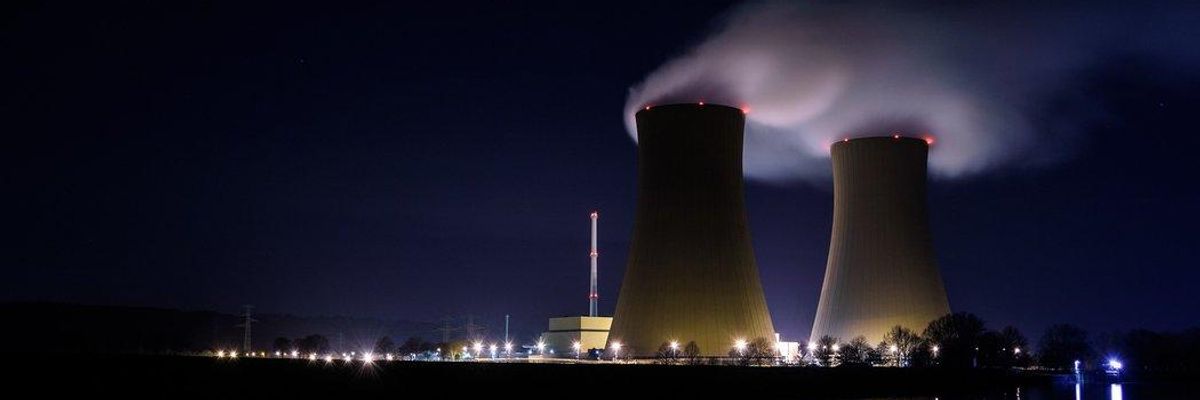The 580-square-mile Hanford facility dates back to the 1940s production of the first atomic bombs, and is the nation's major repository for high-level radioactive wastes from seven decades of nuclear weapons production. Since 1989, the Department of Energy has spent billions cleaning up nine reactors and other radioactive facilities there. One commercial reactor, the Columbia Generating Station, still operates at Hanford.
The tunnel collapse happens at a time when the nuclear power industry appears to be in an accelerating death spiral.
Two reactors under construction at Vogtle, Georgia, may be on the brink of cancellation. Some $13 billion in cost overruns sparked a Westinghouse bankruptcy, and primary owner Southern Company is looking for billions more to finish a project already years behind schedule and billions over budget. Huge rate increases within Georgia have seriously poisoned the climate for more state money.
The tunnel collapse happens at a time when the nuclear power industry appears to be in an accelerating death spiral.
Southern representatives recently asked the White House for help, (and termed the response "A-Plus"). But Vogtle was begun with some $8.35 billion in guaranteed federal loans from Barack Obama. Whether the feds will shell out another $4.3 billion is another story, as is the question of whether that would actually be enough to do the job, and how long it would really take.
In neighboring South Carolina, SCANA Corp. may pull the plug on its massive double-reactor V.C. Summer project, which is also billions over budget and a contributor to the Westinghouse bankruptcy. Should both Summer and Vogtle go down, there will be zero new reactors under construction in the U.S. for the first time since the 1950s. It would mark the definitive end of the "Peaceful Atom" as a source of future new large-scale power capacity in the United States.
Keep reading...Show less

